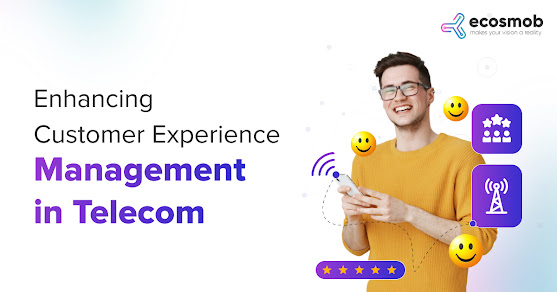Establishing a cloud-based IoT MVNO core network
To attempt and address the issue for IoT MVNO after leaving AWS, it was similar to creating your power generators to usher your cloud data center when you could use the existing power infrastructure to build a cellular network from scratch.
Instead of worrying about the actual radio towers and other cellular physical infrastructure, an MVNO (Mobile Virtual Network Operator) can use the network operators' already-existing infrastructure. It frees us up to concentrate on removing roadblocks that IoT developers encounter and making it as simple as possible to connect back to the cloud.
For this reason, we establish a cloud-hosted MVNO with no upfront hardware costs, and we can scale up and down as needed in response to client demand. To serve various customers worldwide, MVNOs can use the highly available physical infrastructure that has redundancy across AZs (Availability Zones) and deploy in a matter of hours to multiple locations.
How Can IoT Developers Benefit from a Cloud-Hosted MVNO?
Your device's connectivity with most MVNOs depends on open internet infrastructure. Devices may smoothly interact with various MVNO services thanks to cloud-hosted MVNO infrastructure, avoiding the usual problems associated with using the available internet.
You can peer your VPC environment if you're using Amazon VPC (Virtual Private Cloud) to create a virtual private cloud back-end on AWS so that no data leaves it for the public internet. The attack surface is not simply minimized by using a private network but wholly removed, preventing hackers from exploiting network weaknesses.
Managing an IoT device's connection to cloud-based MVNO services is a common difficulty, mainly when there is an extensive fleet of devices. Thanks to adapters and other software that connect with popular cloud-hosted MVNO services like AWS IoT and Azure Event Hubs, you can instantly control your fleet with just a few clicks.
You can control your network by constructing a telecommunication network in the cloud-hosted MVNO. In addition to allowing you to stop/start your SIMs, automatically throttle SIM cards to prevent unexpected data consumption and use cellular triangulation to locate your SIMs. It provides detailed session information on your SIMs, groups your SIMs to perform management tasks in batch, and much more; it also allows you to access your connectivity at a finer grain.
If you're dealing with telecommunication, you'll need to give them specific details about the number of SIMs and use case (data usage, frequency, etc.) of your IoT project so they can prepare on the backend, which could take several months.
Encrypting these protocols imposes severe loads on the devices and data use overhead, ultimately consuming large amounts of battery power, whether you are using HTTP or more IoT-friendly protocols like MQTT.
Even if SMS did not support some cloud-hosted MVNO endpoints, such as AWS IoT or Kinesis, your devices might only be capable of making SMS queries. By changing your SMS or UDP requests to a cloud-friendly protocol like HTTP, an MVNO can resolve this issue.
Wrapping Up
Pay-as-you-use pricing is much more realistic for most IoT MVNO applications and is made possible by a cloud-hosted MVNO network. Cloud-based pricing may lead to lower rates because it enables cloud providers to be obligated, lowering costs that pass to IoT project managers. However, you can reach us at Ecomob Technologies to get the best IT infra support immediately without hassle!
About Ecosmob
Ecosmob provides the service to hire expert VoIP developers to design and develop an array of business communication solutions. With the right blend of expertise and decade-long experience, developers can deliver the ultimate business telephony solutions, MVNO solution development services to enhance productivity and efficiency. Ecosmob assures flexible hiring models to help businesses cater to their requirements according to their needs and budget.
To know more visit https://www.ecosmob.com/





No comments:
Post a Comment